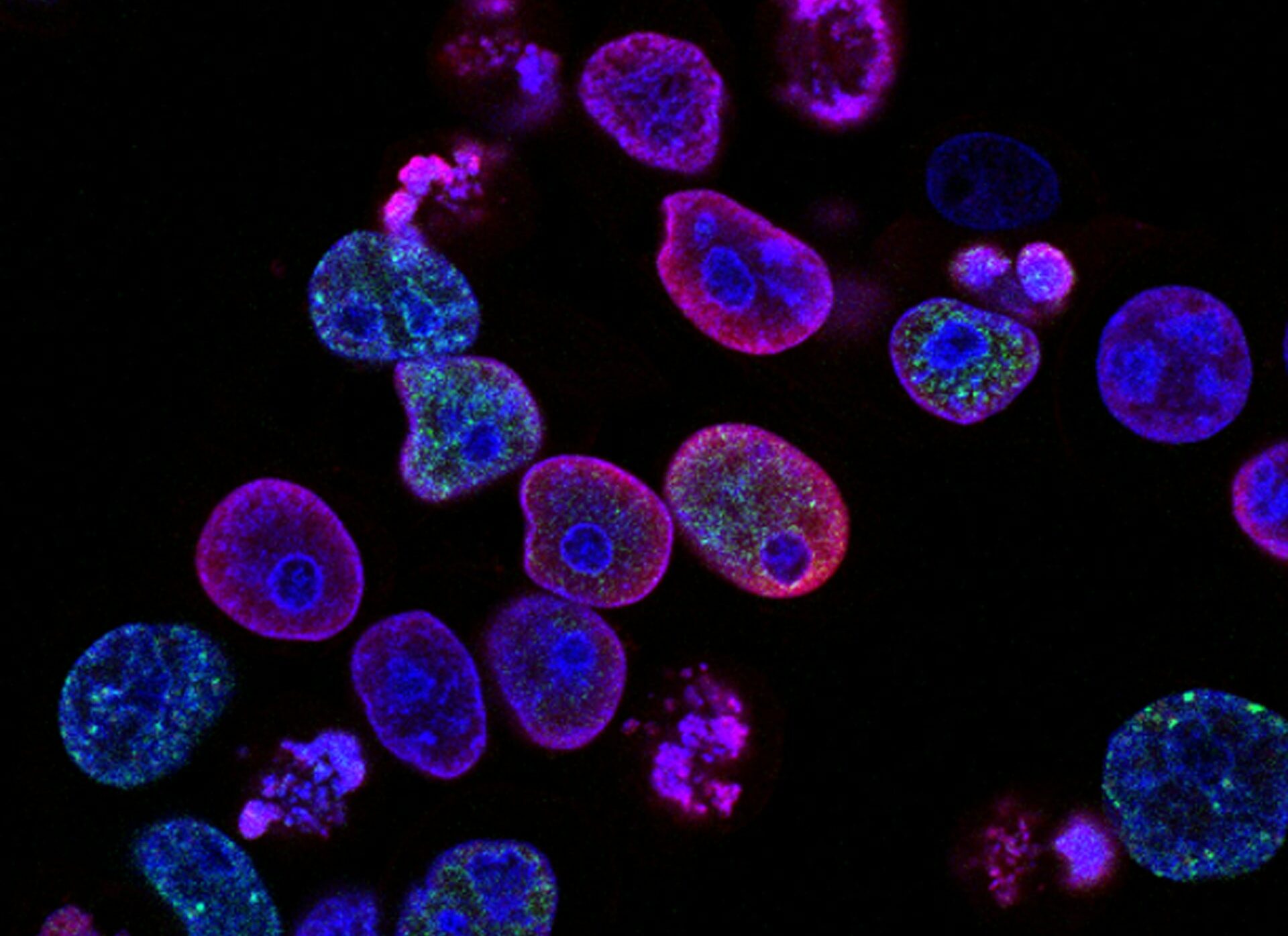Colorectal cancer, target discovered to be hit to cure it

Colorectal cancer represents the second cause of death for oncological reasons worldwide, but an all-Italian study has identified the weak point on which to intervene and make it curable, in some cases, even if it is refractory to immunotherapy. All the details
Although immunotherapy is an extremely promising therapeutic option for many cancers, approximately 95% of colorectal cancer cases are refractory to this therapeutic option.
Now, however, an all-Italian study has identified the weak point on which to intervene, at least in heterogeneous colorectal cancer, to weaken the disease and cure it.
The study , published in the journal Cancer Cell , which also dedicated the cover to it, is the result of the collaboration between the University of Turin and the Foundation Institute of Molecular Oncology (Ifom) of Milan, with the contribution of the Universities of Milan and Palermo, l 'Institute for Cancer of Candiolo, the National Institute of Molecular Genetics Ingm of Milan, the Asst Grande Ospedale Niguarda of Milan and the Cogentech company.
WHY IMMUNOTHERAPY DOESN'T ALWAYS WORK
Immunotherapy is an extremely promising therapeutic option for many tumor pathologies, however, its use for colorectal cancer is still severely limited because most cases – about 95% – are considered immunologically 'cold', i.e. refractory to immunotherapy, against only 5% who are considered 'hot' and, therefore, able to obtain positive results from this innovative treatment.
THE DIFFERENCE BETWEEN 'HOT' AND 'COLD' TUMOR
The difference between 'hot' and 'cold' tumors, explain the authors, is probably due to DNA repair mechanisms, more precisely defined by scientists as mismatch repair (Mmr).
“In about 95% of patients with metastatic colorectal cancer this repair mechanism is intact and functioning. Therefore, these tumors are immunologically cold and refractory to immunotherapy with immune checkpoint inhibitors”, explained Alberto Bardelli, coordinator of the study, research director at Ifom and professor at the University of Turin.
“Only in the remaining 5% of patients – he added – the tumor has lost this DNA repair mechanism and, consequently, is characterized by a high production of altered proteins which in jargon are called neoantigens. These proteins attract the cells of the immune system making the tumor effectively treatable with immunotherapy”.
FIND OUT THE WEAK POINT AND TRANSFORM A “COLD” TO “HOT” TUMOR
Experts have therefore focused on the weak point of a type of colorectal cancer to transform some of these, refractory to immunotherapy treatments, into more vulnerable and therefore curable forms.
"Two years ago – said Vito Amodio, co-author, researcher at Ifom, the University of Turin and the Irccs Candiolo Institute – we asked ourselves if it were possible to increase the percentage of patients who can benefit from immunotherapy by identifying those cold tumors that hide a warm component”.
In an attempt to turn 'cold' tumors into 'warm' ones, the researchers discovered that some of the most resistant tumors harbor more vulnerable parts (molecular heterogeneity) and that's where they intervened.
THE EXPERIMENT
The authors of the study administered 6-Thioguanine to mice, a drug already used in the treatment of some leukemias and which leads to tumor rejection. This has made it possible to enlarge the 'hot' areas of the tumors, which thus become treatable with immunotherapy.
"We have noted with satisfaction that the treatment with 6-Thioguanine increases the fraction of cells deficient for Mmr and at the same time interferes with the growth of heterogeneous tumors", specified Giovanni Germano, co-author of the research, researcher at Ifom, University of Turin and Institute of Candiolo Irccs.
THE RESULTS
"The results – reads the study – suggest that the genetic and pharmacological modulation of the DNA mismatch repair mechanism enhances the immunogenicity of heterogeneous tumors", ie when at least 50% of the cells show the DNA mismatch repair deficiency.
The researchers are now testing whether the results obtained in laboratory animals can be extended to humans.
DATA ON COLORECTAL CANCER IN ITALY
Colorectal cancer is now the second leading cause of cancer-related death worldwide.
In Italy, it is the second most frequent after that of the breast, with 48,100 cases in 2022, or +4,400 in 2 years, says Ansa .
Significant numbers, yet only 3 out of 10 people adhere to the screening and perform the test for fecal occult blood, despite the fact that the health system offers it free of charge every two years to all adults aged 50 to 69 and it is also shown that it is able to reduce mortality by about 30%.
This is a machine translation from Italian language of a post published on Start Magazine at the URL https://www.startmag.it/sanita/tumore-del-colon-retto-scoperto-bersaglio-da-colpire-per-curarlo/ on Wed, 15 Feb 2023 09:59:59 +0000.
